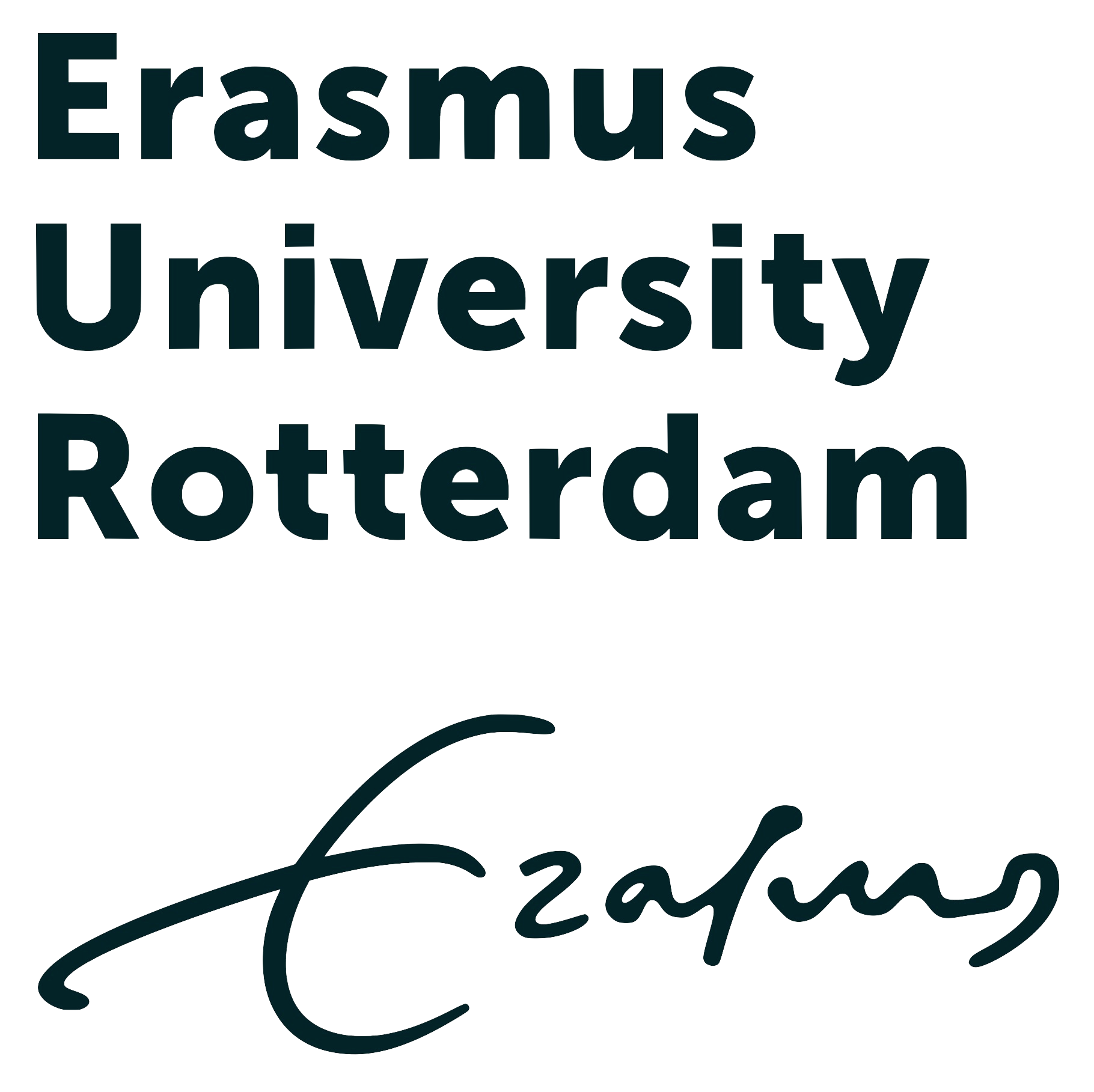Location
Erasmus University Rotterdam (Dutch: Erasmus Universiteit Rotterdam) is a public university located in Rotterdam, Netherlands. The university is named after Desiderius Erasmus Roterodamus, a 15th-century humanist and theologian.
Members:
Resources
Displaying 1 - 5 of 14Placing Sustainability: Geo-Historical Entanglements of Grassroots Innovations and Place-Making Politics in Taiwan
Grassroots innovations, understood as bottom-up experiments on more socio-ecologically sound practices, have been a primary focus in civic-oriented studies on transformative pathways to sustainability. However, grassroots innovation studies often adopt a socio-technical systemic approach, whereby grassroots actors’ aspirations, mobilization efforts, and visions beyond the scope of certain socio-technical transitions are largely left off.
The Relation between Large-Scale Land Acquisitions and Rural Households: Evidence from Ethiopia and Tanzania
markdownabstractThe aim of the thesis is to understand the impact of large-scale foreign land acquisitions on rural households. The rapid expansion of large-scale land acquisition (LSLA) by foreign investors in developing countries over the past 10 years has precipitated a heated debate over the impacts on rural households in the recipient regions. LSLA brings often much-needed investment to agriculture in developing countries, potentially raising productivity, and creating rental and labour opportunities from which rural households can benefit.
Rethinking rural politics in postsocialist settings: Rural Communities, Land Grabbing and Agrarian Change in Russia and Ukraine
textabstractRural politics in the time of global land grabs and neoliberal agricultural development have received much international attention. However, the processes at work in the post-socialist countryside (such as in Russia and Ukraine) are rarely addressed in the critical agrarian studies debates. The prefix ‘post-’ in post-socialist and post-Soviet studies is often associated with lagging behind. This doctoral study demonstrates that the analysis of rural politics in these settings can generate new insights about contemporary changes in the agrarian world.
Land governance of suburban areas of Vietnam: Dynamics and contestations of planning, housing and the environment
textabstractAfter the Doi Moi (‘renovation’) reforms in Vietnam from 1986, land ownership rules were adjusted, effectively terminating former land collectivisation efforts. While land ownership remained fully under the control of the state, a 1993 land law conferred 20-year leaseholds to most farmers. They could now utilize farm land individually, and sell, swap and mortgage the land in a situation similar to private ownership. These leaseholds are now expiring and a new 2013 land law is in the making.
Land title to the tiller. Why it’s not enough and how it’s sometimes worse
textabstractMainstream adherence to land titling as a strategy to address rural poverty has gained even more sway against the backdrop of the contemporary phenomenon of large-scale farmland acquisitions, known to some as “global land grabbing”. The orthodox narrative, embraced in toto by organisations such as the World Bank, is that formal property rights mitigate the risks of these land acquisitions and allow the poor to access the benefits of these acquisitions.


